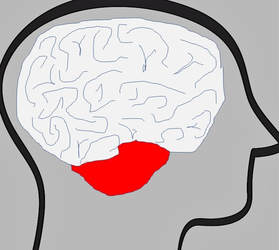
In response to these common descriptions of the limits of individual thought and perception, we find two complementary techniques for improving the clarity and accuracy of our thought, providing a foundation for discussion and compromise with other individuals. On the one hand, Plato casts his explorations of various topics in the form of dialogues, suggesting implicitly that one way to overcome the limits of our individual thought is to temper our perceptions with those of other individuals. One could trace the procedural mechanisms described in our Constitution back to this intuition: that document formalizes processes for dialogue and compromise in the social and political realm to overcome disagreements that may stem from the limits of individual perception. On the other hand, there is a long tradition of documenting techniques of formal reason, using patterns of both logical thought and fallacy as a way of honing our individual ability to reason in a way that facilitates agreement with others following similar patterns.
Accountability Citizenship relies on both techniques: we will spend time discussing the context and evolution of our Constitution. We also focus on ways to improve the clarity of our thought, with special emphasis on how to distinguish facts from fake news.

 RSS Feed
RSS Feed
